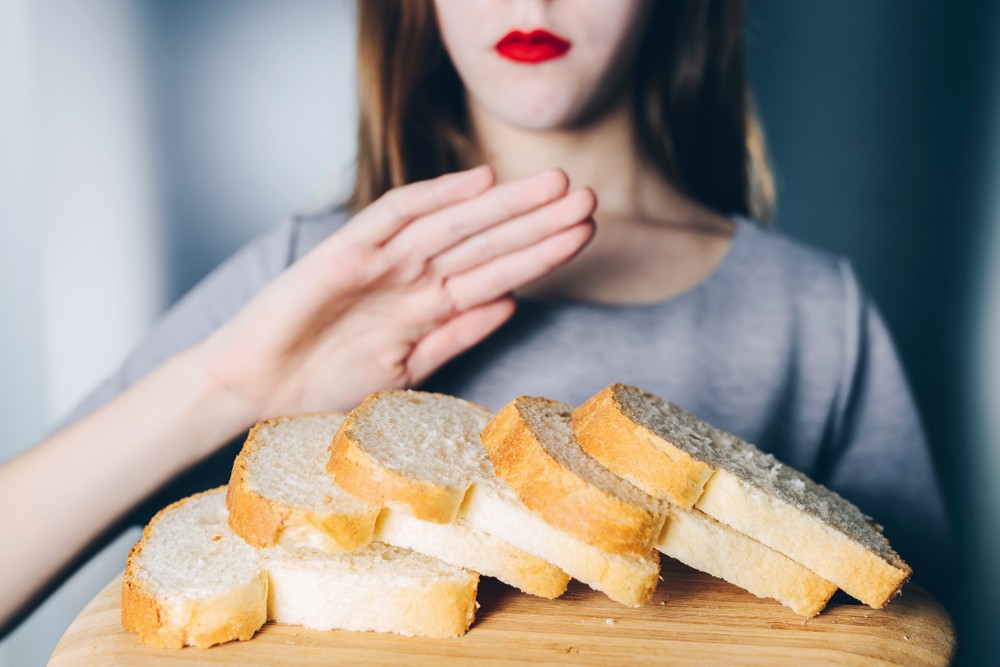If you are worried that you may be suffering from symptoms of coeliac disease and you are in the process of seeking a diagnosis, you may have seen warnings that you should keep eating a ‘normal’ diet that contains gluten until you have been through the entire testing process. Is this the truth, and if so, why is it necessary?
There is a good reason why you need to continue eating gluten. Instead of going gluten-free right away if you suspect you might be suffering with coeliac symptoms, it is important to continue with your usual diet until the end of testing. The tests are designed to seek out damage caused to your body when you eat foods that contain gluten, such as pasta, bread, pizza, etc. This means that if you just stop eating gluten free foods as soon as you suspect something, the damage caused by gluten might have healed and the tests won’t show up the problems you’ve been suffering with.
The Coeliac testing process
In order to be diagnosed with coeliac disease your medical practitioner will order a set of blood tests that look for antibodies that are produced in your body whenever you eat gluten. The antibodies are a clear sign that your immune system is damaging the small intestine whenever you ingest gluten. If there is no gluten in your diet, these antibodies will not show up in a blood test.
A positive result in these initial blood tests will lead to an endoscopy where a gastroenterologist will collect tissue samples from your small intestine to examine for signs of intestinal damage caused by your immune system. If you are not ingesting gluten at this time then the samples will most likely test negative for thecondition, even though you may actually have coeliac disease. Depending on your age, symptoms and medical history, you might not need to undergo an endoscopy and your doctor may be able to diagnose you from blood test results alone.
How accurate is the testing?
The accuracy of modern NHS testing for coeliac disease is extremely accurate, however, false negative results are possible in some cases. A coeliac blood test looks for the presence of antibodies that are produced in response to eating gluten. The most likely reason for inaccurate blood test results is the removal of gluten from the diet, prior to undergoing testing. When gluten is eliminated from the diet, the specific antibodies that coeliac tests are designed to look for start to decline, or disappear altogether. If someone stops consuming gluten before undergoing blood tests and receives a negative result, it can be challenging to determine whether they have coeliac disease. It is recommended that people undergoing tests for coeliac disease continue to regularly consume gluten throughout the diagnostic process and until a healthcare professional advises them to stop.
Once you have a diagnosis of coeliac disease it is important that you then remove gluten from your diet. Check if you are eligible to receive Gluten free products on prescription. Access to these products is a great starting point for making this change in your diet and life, finding the best gluten free flour, gluten free bread, pasta, and a whole host of other gluten free products that can be switched into your diet to replace the food you were eating prior to diagnosis. You might worry that a gluten free diet is expensive, but with the right support and access to the best gluten free recipes you’ll quickly realise how easy it is to eat gluten free.
